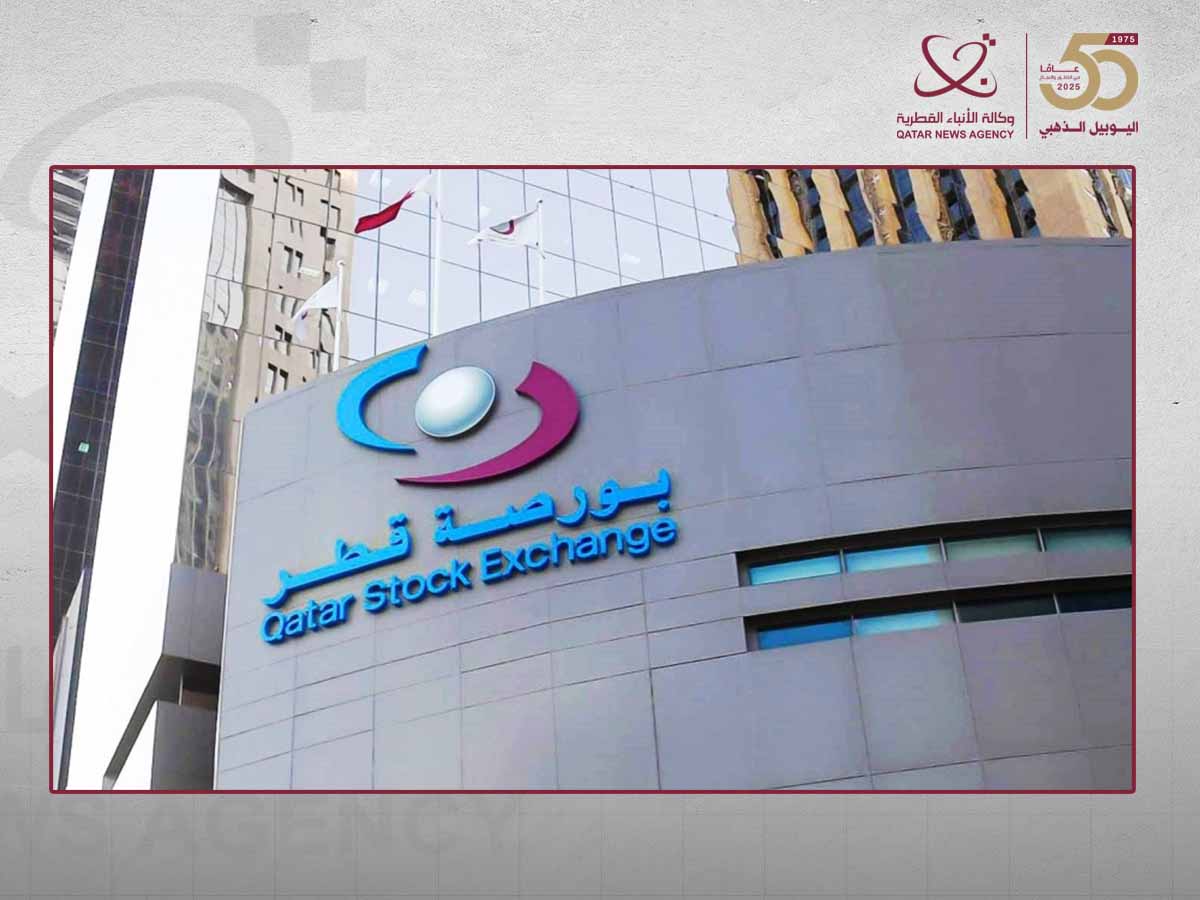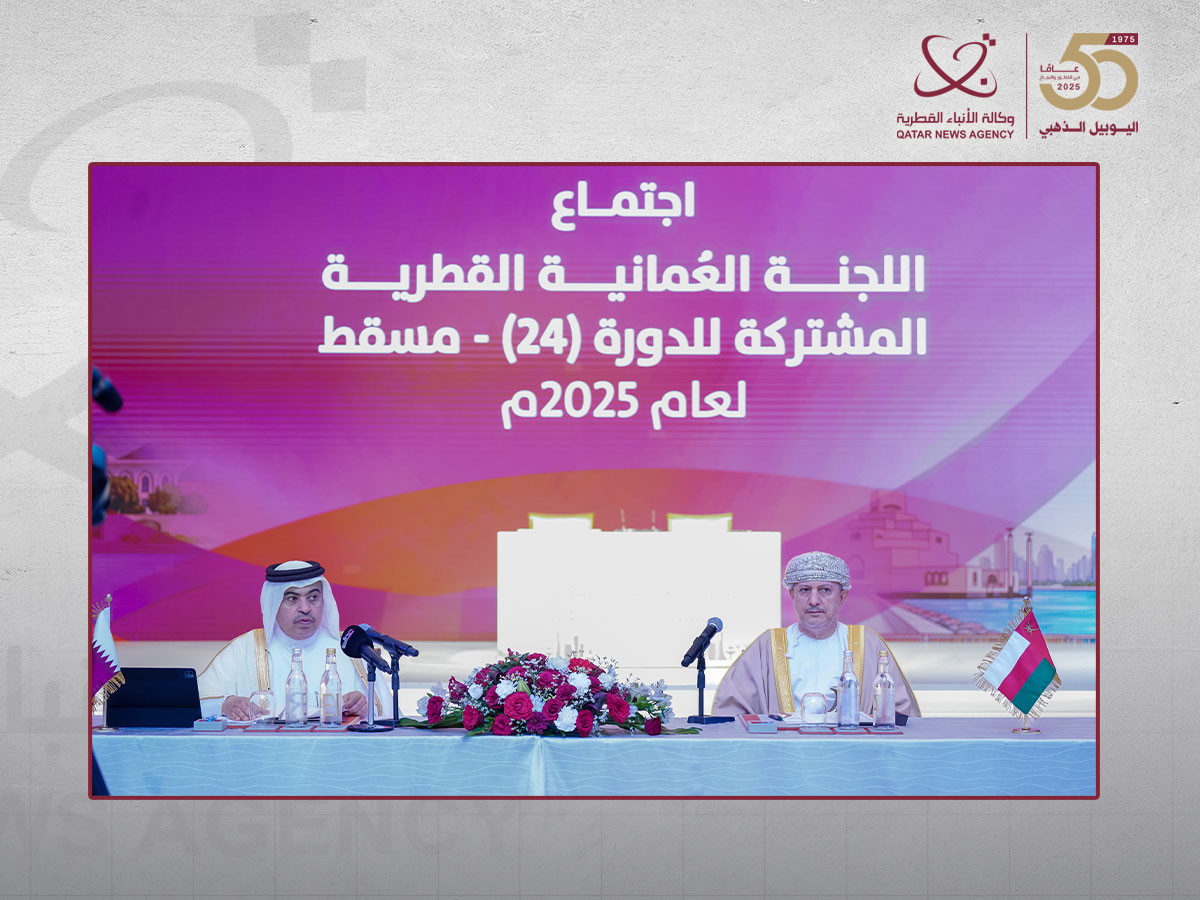Doha, April 09 (QNA) - The Qatar Financial Markets Authority has issued the Code of Market Conduct governing transactions among dealers in the Qatari financial markets in line with the Authority's strategic objectives to develop the financial market and boost the confidence of participants in it.
The issuance of this Code comes within the framework of the Qatar Financial Markets Authority's endeavors to achieve the objectives of maintaining confidence in the financial markets’ trading system, protecting securities’ owners and dealers, stabilizing the financial markets, and reducing any concomitant risks.
Such code comes within the framework of the Authority's legislations issued to regulate financial market activities with a view to promoting the values of fairness, competitiveness and transparency among financial market dealers, as well as educating investors in general about the accepted ethics and Code of conduct in the market, and how to avoid malpractices, illicit dealings and illegal activities.
The provisions of this Code apply to any deceptive or misleading act or conduct in accordance with the provisions of the Authority's legislations. The illustrations included in the Code are only examples of prohibited acts and behaviors in the market.
The Code of Market Conduct is the first legislation of its kind issued by the Authority and addressed to all ordinary investors and traders.
According to the code, promoting the purchase of a security for the purpose of selling it or to enable another person to sell it, and promoting the sale of a security for the purpose of buying it or to enable another person to buy it, constitutes manipulation or misleading actions that would give or likely to give a false or misleading impression regarding the supply of or demand for a security.
It is also considered manipulation or misleading that would give or likely to give a false or misleading impression regarding the supply or demand for a security, entering orders to buy or sell a security with the purpose of creating a false impression about the size of demand or supply, entering a large number of orders, updating orders, or canceling orders for a security with the purpose of misleading investors, or making it more difficult to identify real orders in the orders' register.
It is also considered manipulation or misleading actions that may give or are likely to give a false or misleading impression of the existence of trading activity in a security or a request to buy or sell it, conducting trading transactions that result in the transfer of ownership of the security between the accounts of the same person or accounts managed by the same person or between colluding parties with the purpose of creating a false impression about the actual trading volume, and conducting transactions or issuing orders on a security with the purpose of creating a false impression about trading in the security. (MORE)
.png)
 8 months ago
101
8 months ago
101





















